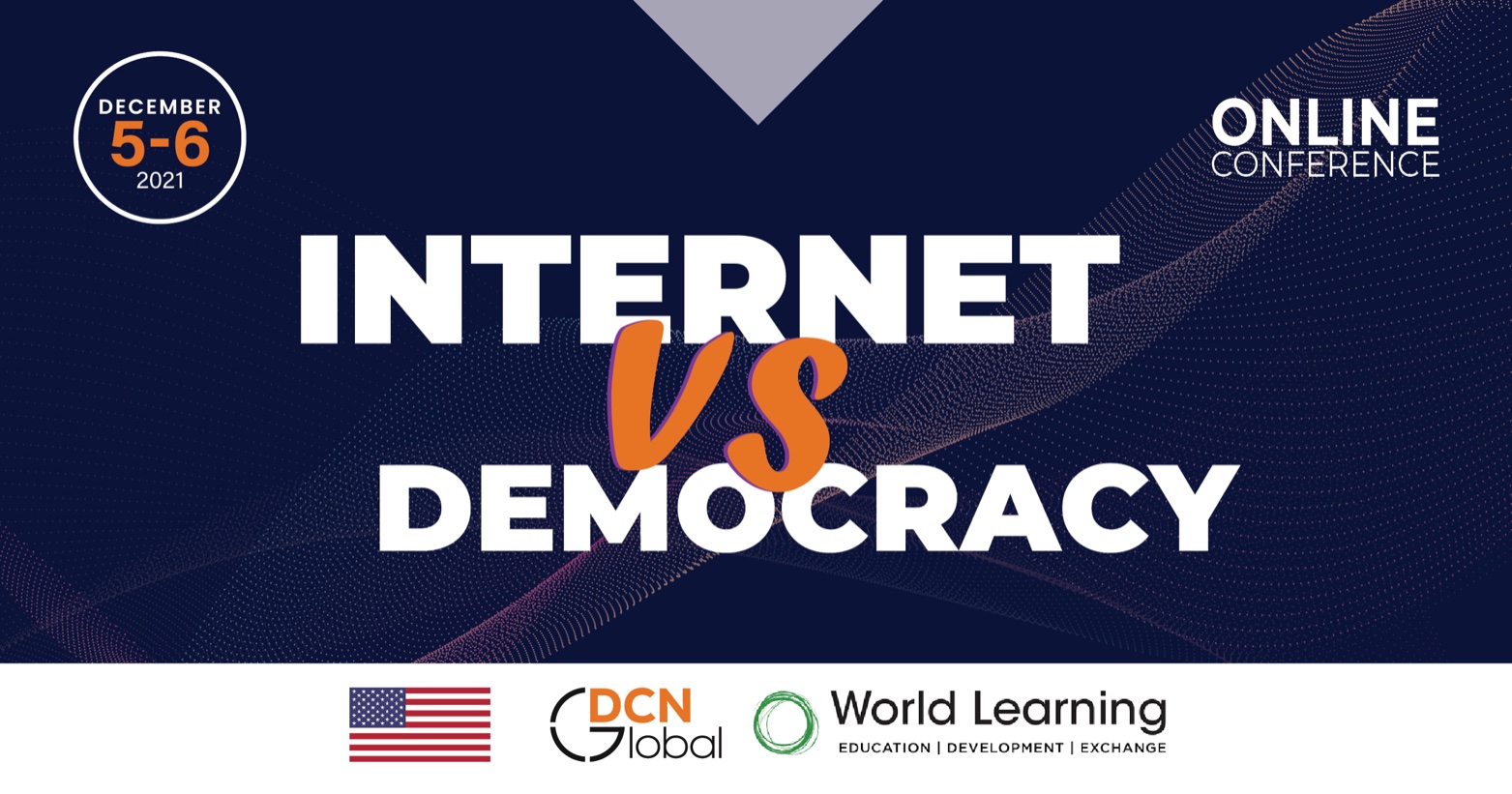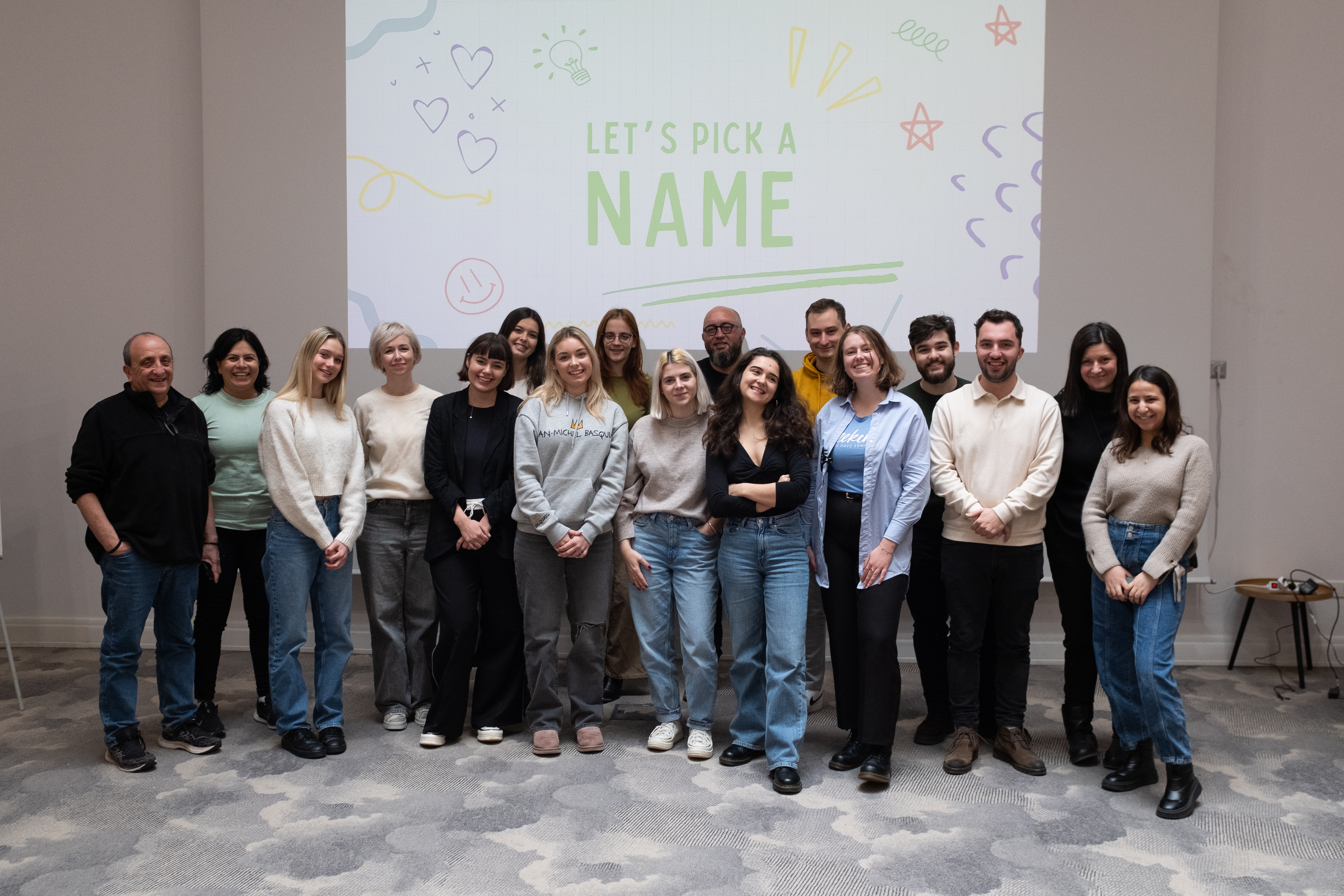
The question of “Who you trust?” is a hard to respond question as internet has been developed the last few years. It could be a paradox that we don’t know who we trust. How I trust someone on internet environment is different on how people trust someone. We have to ask what is the angle we are looking for when we talk about trust. We all see a lot of different sources. One thing we need to consider is the systems we have in place and to be specific with tit. If we are going to trust, all the voices should be equal. Platforms like Facebook refers to users engaging, who have their own experience with the program. Censorship fuels distrust on internet. Many restrictions and a lot of users are coming to this. Current trends like shutdowns are growing distrust to the internet. There are things that can be done with resource development. It’s impossible to be perfect, so try to build better products.
Misinformation is one of the problems leading to mistrust. Communication technologies can promote the dissemination of information but and disinformation at the same time. It’s needed to develop the peace process. Technology can be seen innovatively by providing local communities with accurate information. In Kenya, for example, political organizations go online and offline. At least 90% of Kenyans are receiving misinformation that is online. People in media world see information for social targeting. It’s important to be ahead of the game when it comes to breaking news and to get into the networks and of what is happening in the surrounding. Also, if you want to have trust and promote it, then you need to ensure that people are able to participate in the democratic process effectively. Trust is a very important component when it comes to democracy. We can’t factcheck everything, we rely on other people and organizations. The trust is getting hard on internet. Fake news goes viral and internet helps when you are able to have verified users. We need to take in account that we have disinformation and misinformation and they have different reasons the one to the other. If we don’t have the data, we can just assume that this is a topic that everybody is on it.
Trust refers to being able to build relations with individuals on social networks. Trust in information is important, the idea that everyone has equal access to information and act online. Truth isn’t an object, it’s a process. We need to be an accurate active voice in the process and figure out where we fit in. Truth and literacy have to be built. It’s important to be realistic about the harms that internet has. Platforms are not to be trusted as we see the fail to properly trust these platforms and lack of resources. Democracy is a place where there is a little bit of hope. Trust didn’t exist before the internet, now surveillance is much more. Trust is localized around your social circle. As it regards the regulation every country does its own thing. The regulation in many countries is very dangerous.
Watch the discussion:
Moderator: Professor Nikos Panagiotou, President DCN Global, Greece
Speakers:
- Christopher Guess, Lead Technologist, Duke University Reporters’ Lab, U.S.
- Layla Mashkoor, Associate Editor, Digital Forensic Research Lab, Atlantic Council, Canada
- John Green Otunga, East Africa Program Manager, The Sentinel Project, Kenya
- Matthew Jacobs, Public Affairs Specialist, U.S. Department of State, Washington DC, U.S.
- Nina Jankowicz, Global Fellow, The Wilson Center, Washington DC, U.S.
- David Timis, Global Communication Manager, Generation Global Shapers, Brussels, Belgium
Author: Ioanna Georgia Eskiadi
The hybrid forum "Internet vs Democracy" is sponsored by the U.S. Department of State Office of Citizen Exchanges and organized by the Digital Communication Network Global (DCN Global) and World Learning.


